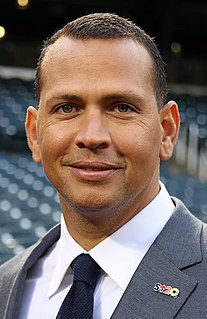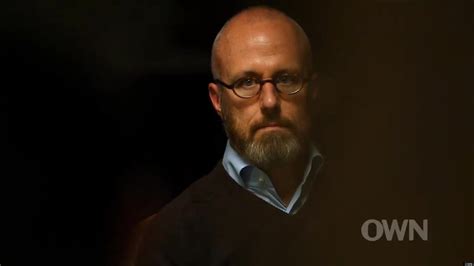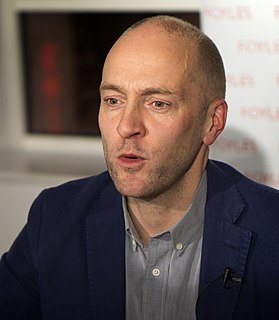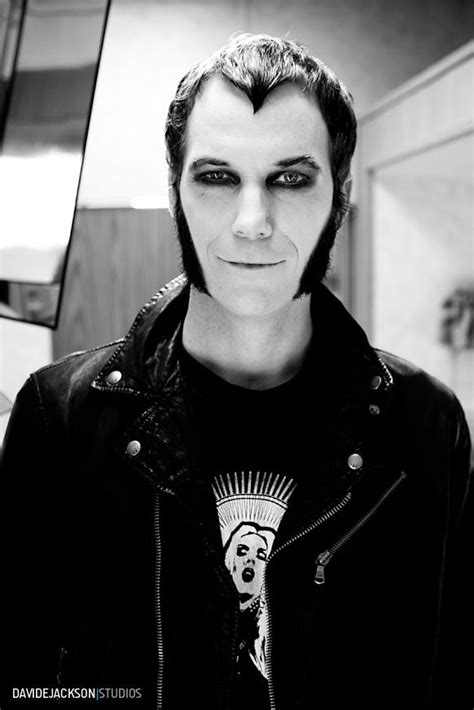A Quote by Olly Alexander
I think music can be therapeutic and a really positive thing, but that seeing a therapist is the best form of therapy you can get.
Related Quotes
If a therapist is feeling insecure in therapy, a lot of therapists will try to sort of push that aside to try to do the therapy. Instead, we would ask people to get with that feeling of insecurity, because after all, the client is being asked to do the same thing. It has a kind of a quality of two human beings in the same situation, really, working through these psychological processes. And yeah, you hired me; I'm working for you as a therapist. But I'm not up here and you're down there. And what you're struggling with, at other times and with other areas I'm struggling with.
I find a therapy in playing music, in many different ways. At this point, I'm incredibly grateful for the relationship that it's given me with the men that I play music with. It's a great journey, and I'm really grateful for that. And also, being able to scream at the top of my lungs in front of people is very therapeutic.
And I hope seeing a therapist becomes 10 times easier in the future. For me, once I came out of treatment, I got into a therapist and continued my road to recovery and health and happiness. But not everyone can do that. It's challenging to see a therapist when you work full-time, when you can't get an appointment within a week, and then by the time you do get one, maybe you feel like your "problem" has lessened and you don't bother to go in. It's about access.
What I really like is changing a life, helping someone change a business, change a family. In the beginning, it was because I was willing to only be paid for a result. I wasn't a therapist; there were no such thing as coaches back then. You had to be a therapist and it had to be paid for by somebody, and I saw what therapists did and I was honestly disturbed by it, because I see people in therapy for five years and I was, like, "This is absurd."
When I said on national television I still struggle, a reparative therapist called me and said if you'll come into therapy with me I can cure you of your temptations and attractions 100 percent. And then there are the offers of using homosexual pornography within the therapeutic process to help people understand why they're struggling.
The cognitive therapy that takes place in the film Antichrist is a form of therapy that I have used for some time, and it has to do with confronting your fears. I would say that especially the part of the film that has to do with therapy is humoristic because people who know about this form of therapy would know that the character is more than a fool.




































